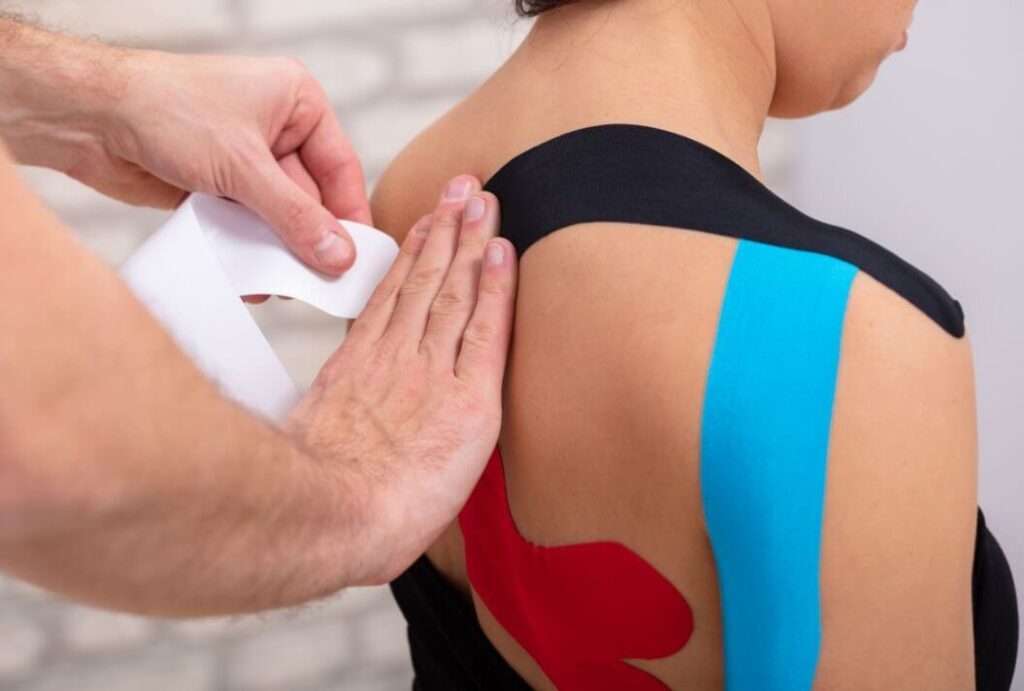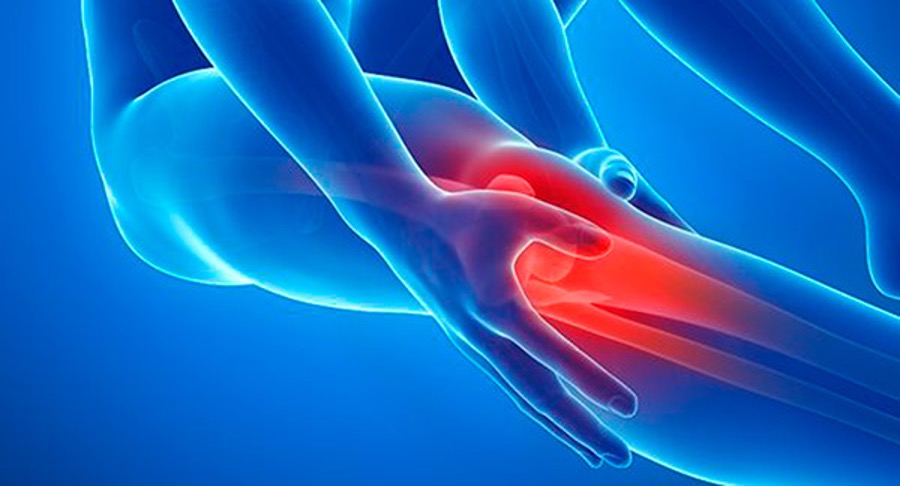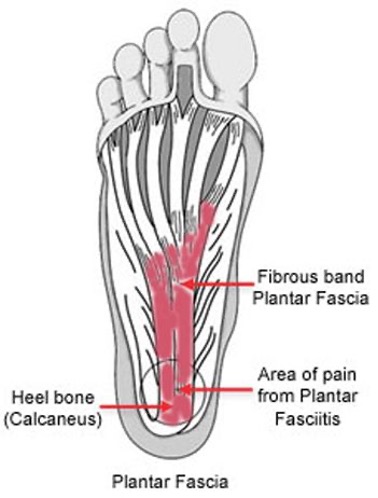Welcome to the world of sports tape, where choices abound, and injuries meet their match! In this adventure, we’ll explore the difference between rigid and flexible sports tape, helping you make informed decisions to optimise your performance and recovery. But if you need some face-to-face advice on this (or anything else physiotherapy related – we can’t help with existential questions – sorry!) give us a call at + (08) 9203 7771 to make an appointment. The physiotherapists at Next Generation Physiotherapy are here to help.
Rigid Tape: Stability and Strength
When you need steadfast support and joint stabilisation, the rigid tape is your go-to ally. This provides excellent rigidity and immobilisation to prevent excessive movements, making it ideal for acute injuries or when added stability is crucial. Here are a few scenarios where rigid is the way to go:
- Ligament Sprains: If you’ve sprained an ankle, twisted a wrist, or strained a ligament, the rigid tape can provide the much-needed stability to the affected joint. Its firm grip limits excessive motion, allowing the injured tissues to heal while minimising the risk of further damage.
- Joint Hyperextension: Activities like basketball, volleyball, or gymnastics put you at risk of joint hyperextension. Rigid tape can act as a protective shield, restricting excessive backward movement and reducing the chances of ligament sprains or dislocations.
- Injury Prevention: If you have a history of recurrent injuries or joint instability, applying rigid tape before engaging in physical activities can provide preventive support. It acts as a proactive measure to enhance joint stability, reduce the risk of re-injury, and promote confidence in your movements.
Flexible Tape: Dynamic Support and Range of Motion
When it comes to combining support with flexibility, the flexible tape takes center stage. Also known as kinesiology tape, it’s stretchy and adhesive and offers a range of benefits beyond just support. Here’s when flexibility wins:
- Muscular Strains: If you’ve strained a muscle or experiencing muscular discomfort, the flexible tape can aid in pain relief and support. Its stretchiness allows for comfortable movement, promoting proper muscle activation while minimising strain on the injured tissue.
- Postural Support: Whether you spend long hours at a desk or participate in activities that demand proper posture, flexible tape can lend a helping hand. By gently reminding your body of correct alignment, it encourages better posture, reduces muscle fatigue, and prevents excessive stress on the spine and surrounding muscles.
Rehabilitation and Performance Enhancement: Flexible tape is often used in rehabilitation settings and for performance enhancement. Its elasticity mimics the properties of the skin, promoting improved blood and lymphatic circulation while enhancing proprioceptive feedback. This can aid in facilitating movement patterns, reducing swelling, and optimising muscle function.
So – which one to use depends on the nature of your injury, the level of support required, and your specific activity needs. Rigid tape excels in providing stability and limiting motion, making it suitable for acute injuries and situations where joint immobilisation is crucial. On the other hand, flexible tape offers dynamic support, pain relief, and improved range of motion, making it ideal for muscle strains, postural support, and overall functional movement. If that’s all a bit much – don’t worry – your physiotherapist will advise you on taping as they help you recover from the injury that necessitated it. Give us a call at + (08) 9203 7771 to make an appointment. The physios at Next Generation Physiotherapy are here to help. We hope you found this tale of two tapes useful and interesting. If you did, consider following us on social media for more fascinating physiotherapy facts! We’re on Facebook and Instagram.
References
Physiopedia (ND) Taping. [Online] Available at https://www.physio-pedia.com/Taping. Accessed on 29/06/2023.




